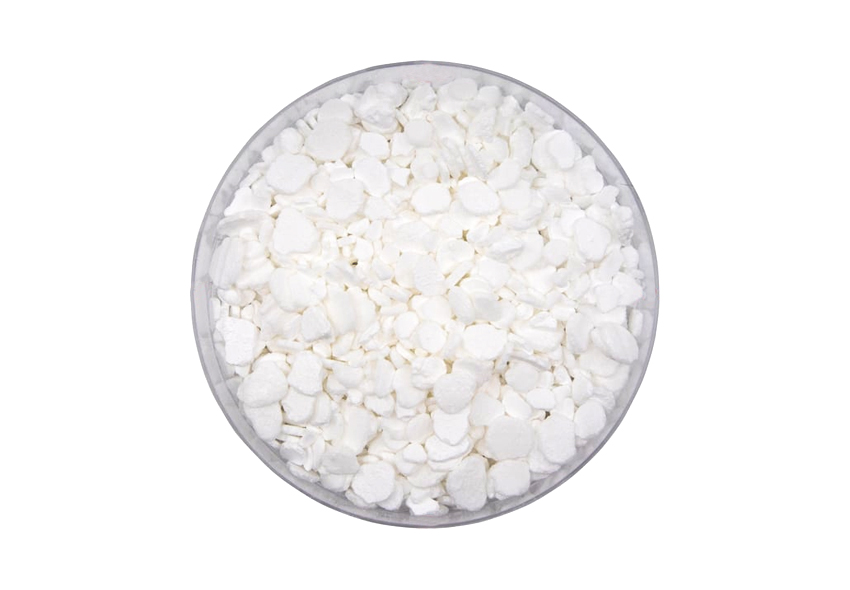Calcium Chloride is a chemical compound widely used in dairy processing plants and the livestock sector. This product is used to increase calcium levels in the udders, especially after milking. Calcium is a critical mineral for healthy bone development and milk production in ruminants. Calcium Chloride is necessary to meet the calcium needs of dairy cows and other ruminants, especially during periods when milk yield increases.
Calcium Chloride is also used to provide energy balance in cows after milking. It supports the health of the udders, increases milk productivity and improves the general health of the animals. Using this product in the milk production process provides significant benefits in terms of productivity and health.
Why is Calcium Chloride Used in Cheese Making?
Before adding rennet, 1 teaspoon of calcium chloride is added to 10 liters of milk and mixed thoroughly to ensure that it is completely dissolved in the milk. Calcium chloride must be used to increase efficiency in cheese production and to ensure that the curd, called curd, forms at the desired hardness. Otherwise, the milk structure may remain weak and curd formation may be insufficient.
What is Calcium Chloride?
Calcium chloride is a type of salt formed by the combination of calcium and chlorine elements. Although it is not well known by those interested in home cheese production, this substance is a widely used additive in the food sector. It is preferred in beverages and many different food products due to its properties such as increasing the consistency of products, acting as a stabilizer and, in some cases, increasing their durability.
Why is Calcium Chloride Used in Food Products?
Since the ionic structure of calcium is partially destroyed in heat-treated milk, calcium chloride is added to compensate for this loss. It is also preferred in canned fruit and vegetable products, desserts such as jam and marmalade to prevent the deterioration of the product's texture. In pickle making, the use of calcium chloride is quite common to add flavor and durability without increasing the sodium content.
How is Calcium Chloride Used in Cheese Making?
Calcium chloride should be added to the milk that has reached the cheese making temperature, approximately 10-15 minutes before the yeast. This application helps the proteins to coagulate better by restoring the milk's natural balance. Especially when making cheese with pasteurized milk or low-quality raw milk, calcium chloride is an effective solution to prevent the curd from being weak and dispersed. It also prevents loss in milk yield and ensures a more solid and homogeneous curd.
It is generally recommended to use 1 teaspoon of calcium chloride for 10 liters of milk. It can also be used safely in jam, pickle and marmalade making in similar proportions.


